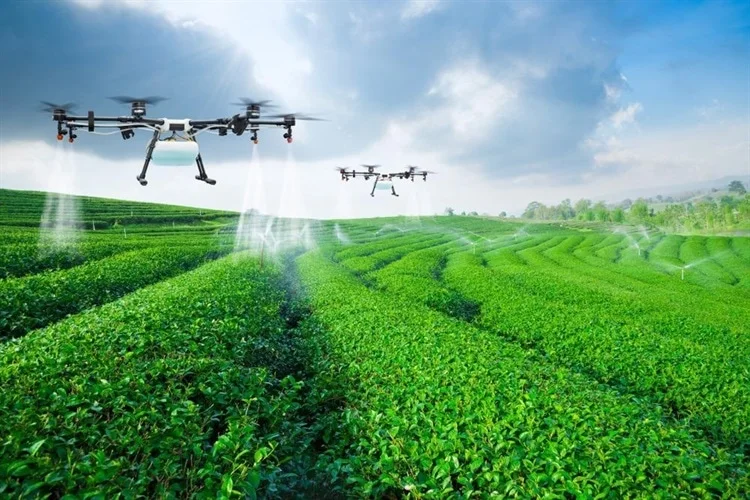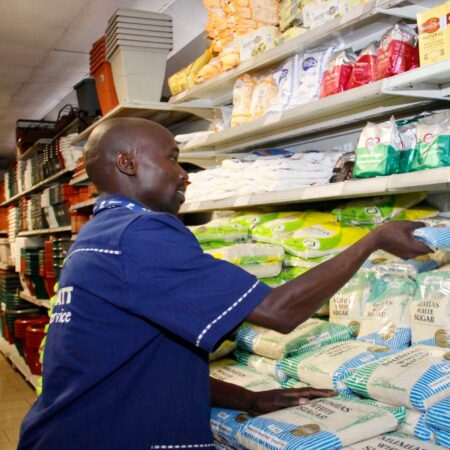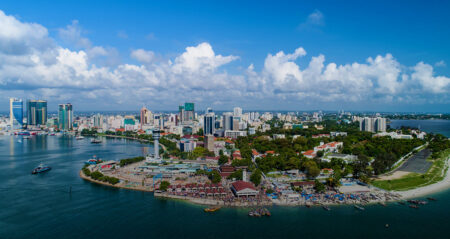The economies of African countries’ are dominated by agriculture and the continent’s growth relies heavily on the performance of the sector. However, climate change is a threat to agrarian operations and one of the biggest challenges to food security systems in Africa.
Russia’s invasion of Ukraine has yielded devastating effects exhibited by acute food and commodity shortages the world over. This has ratcheted pressure on Africa as a continent to rely on its produce by using climate-smart techniques. Africa imported a range of agricultural products worth US$6.9 billion from Russia and Ukraine in 2020.
According to the World Bank, more and more African countries are realizing that the development, promotion, and adoption of climate-smart technologies, implementation of the right enabling policies, and development of relevant skills in Africa’s food system workforce are among the game-changers that can truly make a difference.
“Agriculture is a victim of climate change but also a major part of the climate problem. With climate change and dwindling natural resources, the sustainability of the food system is important. That’s why the World Bank promotes climate-smart agriculture, which aims to secure a triple-win of increased productivity, greater resilience, and a lower environmental footprint,” said Juergen Voegele, Vice President for Sustainable Development at the World Bank and former Director for Agriculture Global Practice, World Bank.
According to experts who took part in a panel discussion moderated by the African Development Bank as part of the fifteenth Conference of the Parties (COP15) of the UN Convention to Combat Desertification, scaling up sustainable land management and ecosystem restoration have definite economic benefits for African countries.
Digital and disruptive technologies
As highlighted in the UN Sustainable Development Goals (UN SDGs), food security is a key goal that should bring serious intent and innovative solutions.
Feeding the future African population relies heavily on a sustainable agricultural system. One of the solutions for sustainability could be viewed through the applications of smart and precision techniques in agriculture.
The rapid development of solutions that can leverage data infrastructure, remote sensing, mapping technologies, precision agriculture tools, and computing power will enable data-driven decision-making by policymakers, public agencies, and private service providers in the agriculture sector.
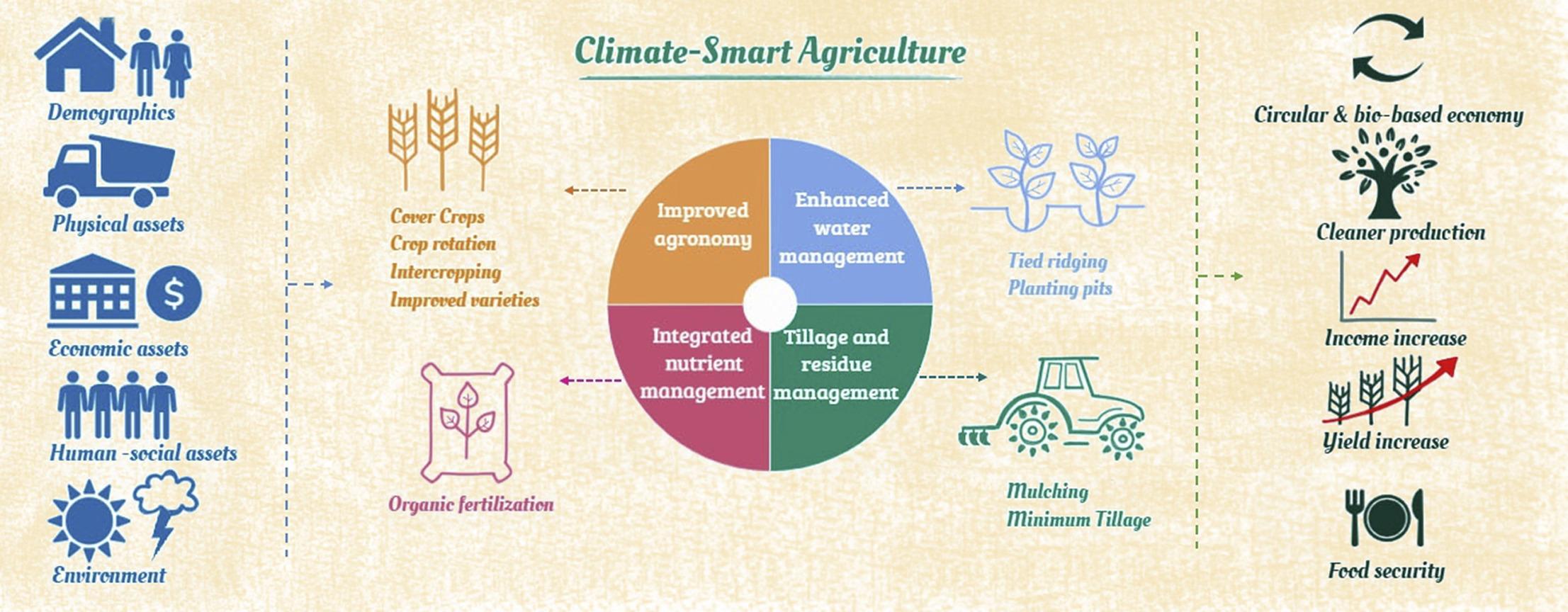
In 2019, the World Bank Group and the Korea-World Bank Partnership Facility organized a knowledge and innovation challenge conference on scaling up disruptive digital technologies in the agricultural sector in Kenya. The Conference provided a forum to discuss the opportunities offered by disruptive digital technologies to increase productivity and access to services and markets in the agricultural sector.
Africa continues to lag when it comes to digital transformation and the concept of digital agriculture. According to Zimbabwe Mail, the challenges that Africa faces provide exciting opportunities for the rollout of digital solutions in a way that advances and shifts the continent’s paradigm beyond simply trying to fill all the infrastructure gaps.
In an article by Ventures Africa published on May 24, 2022, co-founder of Corporate Farmers International, Akin Alabi said the recent infusion of technology into agriculture will attract youths to come on board.
“Adaptation is key, and we need to bring a younger generation of future farmers into the ecosystem that would help develop the agriculture sector in Nigeria and Africa,” he said.
Policy environment
Africa is fighting climate change through efforts summarised within the Sustainable Development Goal Number 13 (SDG-13) and the African Union’s Agenda 2063 Goal Number 7. According to Africa Union Development Agency – New Partnership for Africa’s Development (AUDA-NEPAD) the continent is inclined towards accomplishing environmentally sustainable development, climate-resilient economies, and well-balanced communities. Additionally, several African countries have adopted the Paris Agreement, which aims to limit global temperature rises to below 2°C.
“For African governments, promoting climate-smart agriculture is a priority. There is a range of agricultural management solutions, which can improve crop productivity, enhance resilience to climate shocks and reduce carbon emissions. Delivering this triple win is essential to addressing Africa’s food security agenda,” said Makhtar Diop, Managing Director of the International Finance Corporation (IFC) and former Vice President Africa Region of the World Bank.
According to the World Bank, governments spend nearly US$600 billion in agriculture subsidies annually the world-over. However, a large portion of these subsidies are distortionary, and often do not work to incentivize climate-smart agriculture. The Organisation for Economic Co-operation and Development (OECD) added that agricultural policies and public support provided US$570 billion a year on average to agricultural producers in 51 countries between 2015 and 2017.
A policy environment that enables rather than hinders agricultural transformation can help ease the transition to a climate-adapted food system.
As far as September 17, 2021, AUDA-NEPAD said that the Ethiopian government conducted soil sample analyses in all the country’s farming districts. Consequently, this analyzed data generated soil nutrient maps for Ethiopia. This soil nutrients map has enabled Ethiopia to classify its nutrient-deficient soils. The country can categorically recommend fertilizers for their crops on essential nutrients such as nitrogen, phosphorous, potassium, sulfur, boron, zinc, iron, and copper. Further to this, Ethiopia can identify highly acidic soils that require rehabilitation with soil nutrients and pH boosters such as lime and fertilizers. As a result, this has not only improved farming practices but also reduced greenhouse gas emissions.
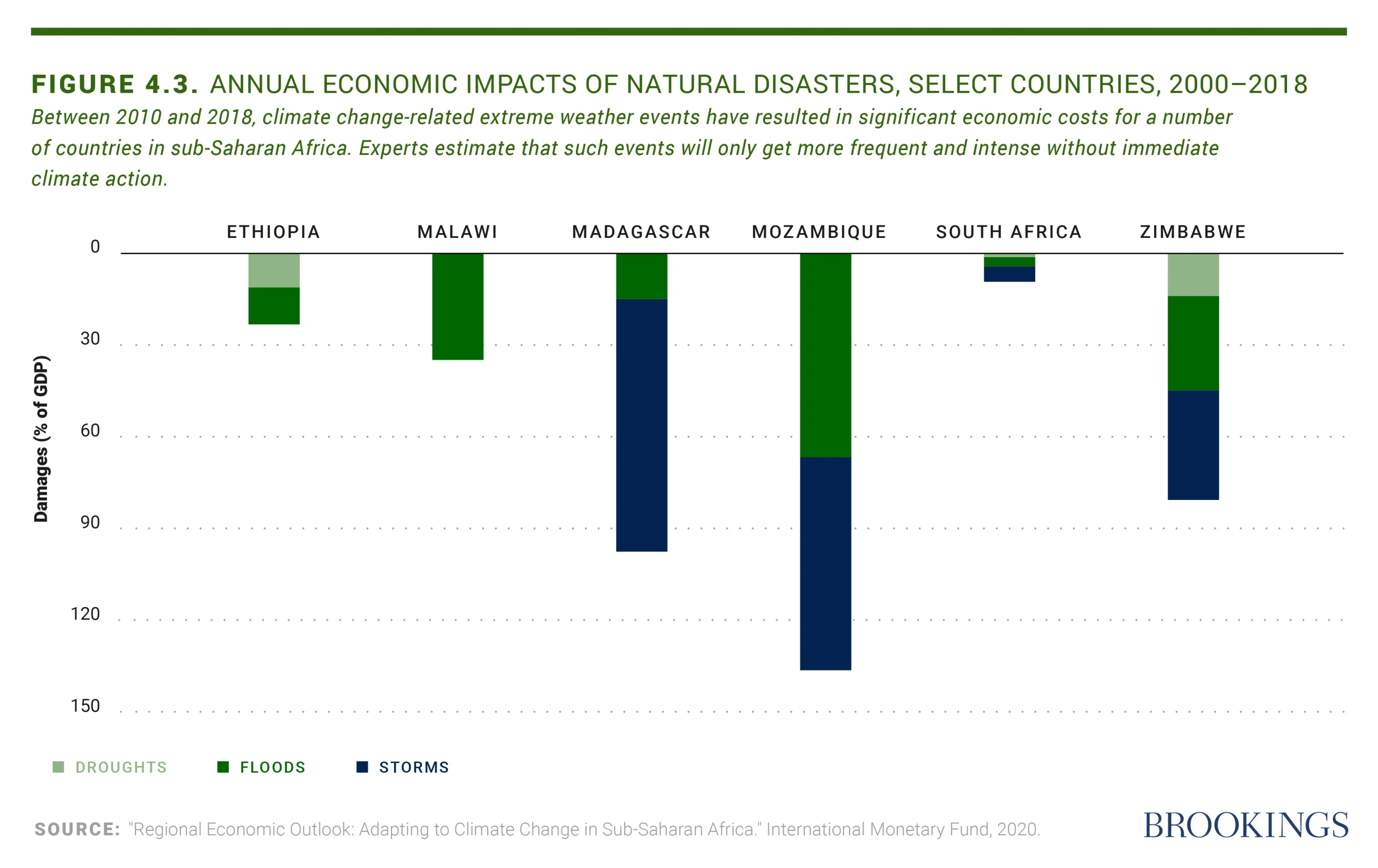
It is encouraging that Africa’s leaders are committing themselves to adapt the continent’s food system to climate change. In an article dated January 8, 2022, the World Bank Group reported the Africa Food Security Leadership Dialogue on Climate Adaptation of Africa’s Agriculture. The event drew 34 African countries and 42 organizations and was a promising start.
Fixing the labour-skills mismatch
Countries need to invest in supporting the development of a skill base that can rise to meet the magnitude of the continents’ food system challenge. In an article published on January 8, 2022, World Bank said countries also need to think of innovative ways and provide incentives to attract talent to the food system and convince Africa’s future generations that the agriculture and food sector is the most lucrative place for them to develop their careers. So, Africa needs more homegrown food producers, food processors, food system entrepreneurs, agronomists, and agricultural scientists.
Ensuring Africa’s food security by adopting climate-smart techniques will need dedicated people with the right knowledge and skills.
Read: Climate-smart fodder doubles milk yields, income for Kenyan Dairy farmers





